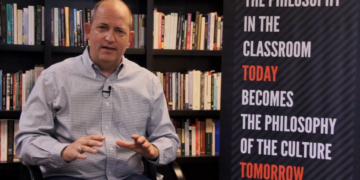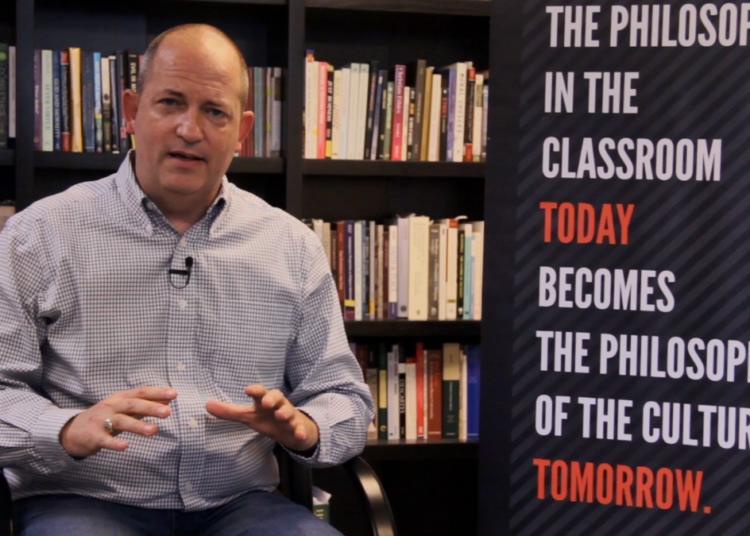Corey Miller, a Christian former professor who faced controversy for supposedly creating a hostile environment for LGBT students, now leads an organization dedicated to supporting college students in maintaining their faith. Miller, president and CEO of Ratio Christi, expressed concern about the decline of free speech and thought, particularly in universities. He noted that individuals or organizations that don’t adhere to a politically correct viewpoint can potentially face significant pushback.
Reflecting on his own experiences in academia, Miller discussed a particularly noteworthy incident. As an ethics professor, he employed only atheist or agnostic textbooks, only revealing his own beliefs at a strategic point in the course. During a discussion on human sexuality, he introduced an alternative viewpoint to the textbook’s narrative. However, a student, a former pastor who had come out as gay, accused Miller of fostering a “suicidal environment” in the class.
Miller recounted the student’s claim that he felt threatened by the discussion, asserting that he feared potential harassment or attack from his peers as a result. Despite these allegations, Miller’s position was upheld thanks to the intervention of two atheist students who had been recording his lectures. These students threatened to transfer if the university didn’t take action, arguing that suppressing alternate viewpoints was contrary to the fundamental purpose of a university.
The situation underscores what Miller refers to as the “wrongthink” concept from George Orwell’s “1984,” where divergent opinions are criminalized. He stresses the crucial role universities should play in promoting free thought and intellectual diversity, even when viewpoints differ from popular narratives.
Ratio Christi, under Miller’s leadership, continues to support religious freedom on campuses, defending a Trump-era rule allowing Christian clubs to demand that their leaders uphold biblical sexual morality. It’s also launching a new program specifically targeted towards Christian Ph.D. students, demonstrating its dedication to empowering Christian voices in higher education.




















Discussion about this post